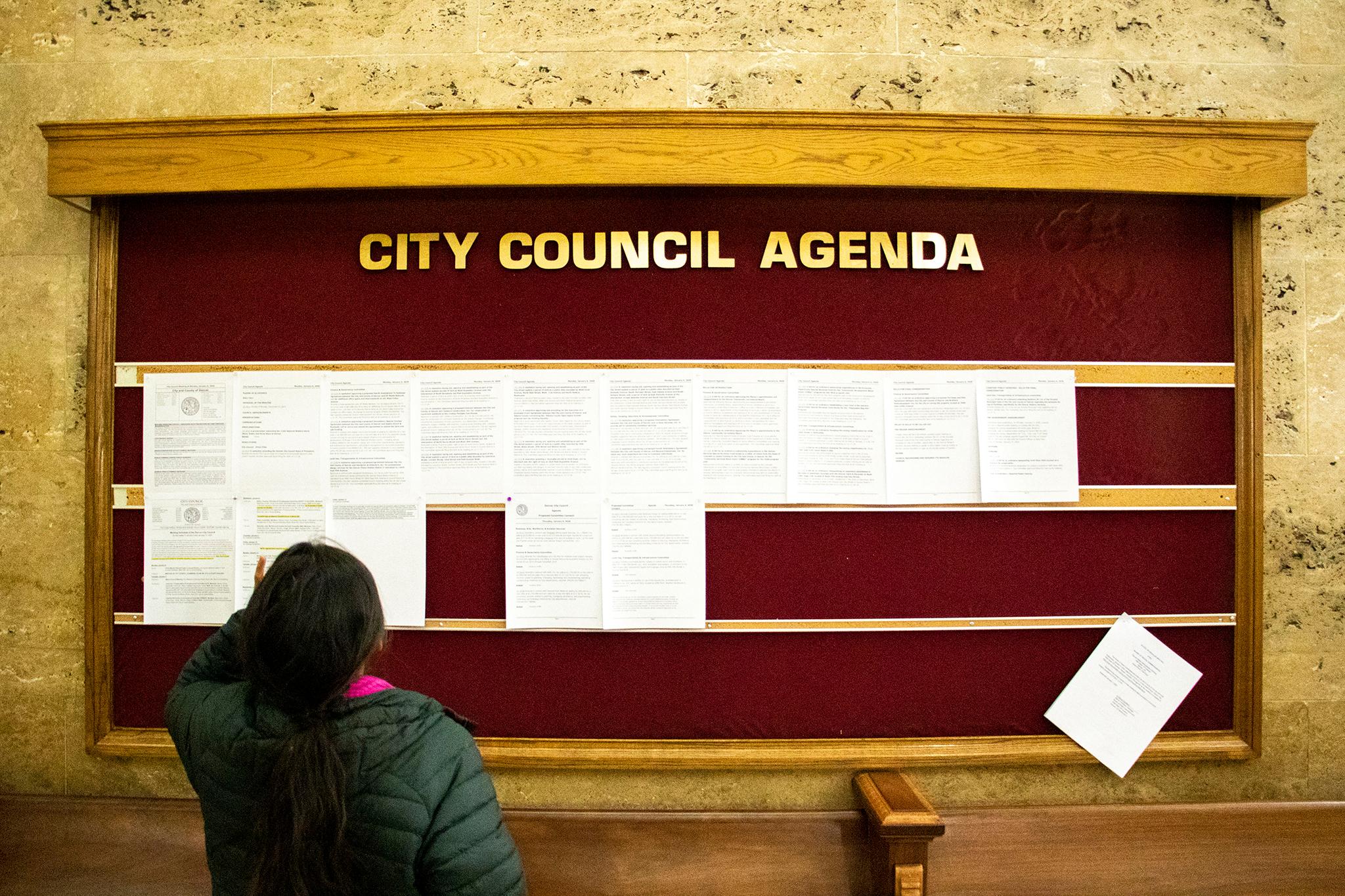Assuming the current results stand, Denver's executive branch got a little weaker and its legislative branch got a little stronger on Election Day. Voters passed three measures that helped Denver City Council gain ground on a playing field that has long tilted toward the mayor's office -- and still does.
According to unofficial election results, voters passed three measures that give the council more say in how the government gears churn. The charter changes, known as 2E, 2G and 2C, push back just a little bit on Denver's "strong-mayor" form of government, which centers power in the executive branch.
2E gave the legislative body some power over who the mayor appoints to lead 14 key departments, including the police chief and sheriff. Council members can now block political appointees, but the mayor will still nominate them.
2C let the council hire outside experts without the mayor's permission. The measure added independence and oversight, said Councilwoman Debbie Ortega, its main proponent, because it lets legislators vet complex contracts and investigate the executive branch.
And 2G empowered legislators to move budget money around mid-year instead of solely at the beginning of the budget cycle. The idea was to add flexibility as problems (like a pandemic) and priorities change. Previously, only the executive branch held that power.
"Some of us have felt that with this being such a strong-mayor form of government, oftentimes there aren't a lot of places where council really has a stronger voice in process," said Councilwoman Debbie Ortega, who sponsored 2C.
"I think some of the changes that have passed give us the opportunity for a little bit more balance in what, as far as we know, is one of the strongest mayor forms of government in the country."
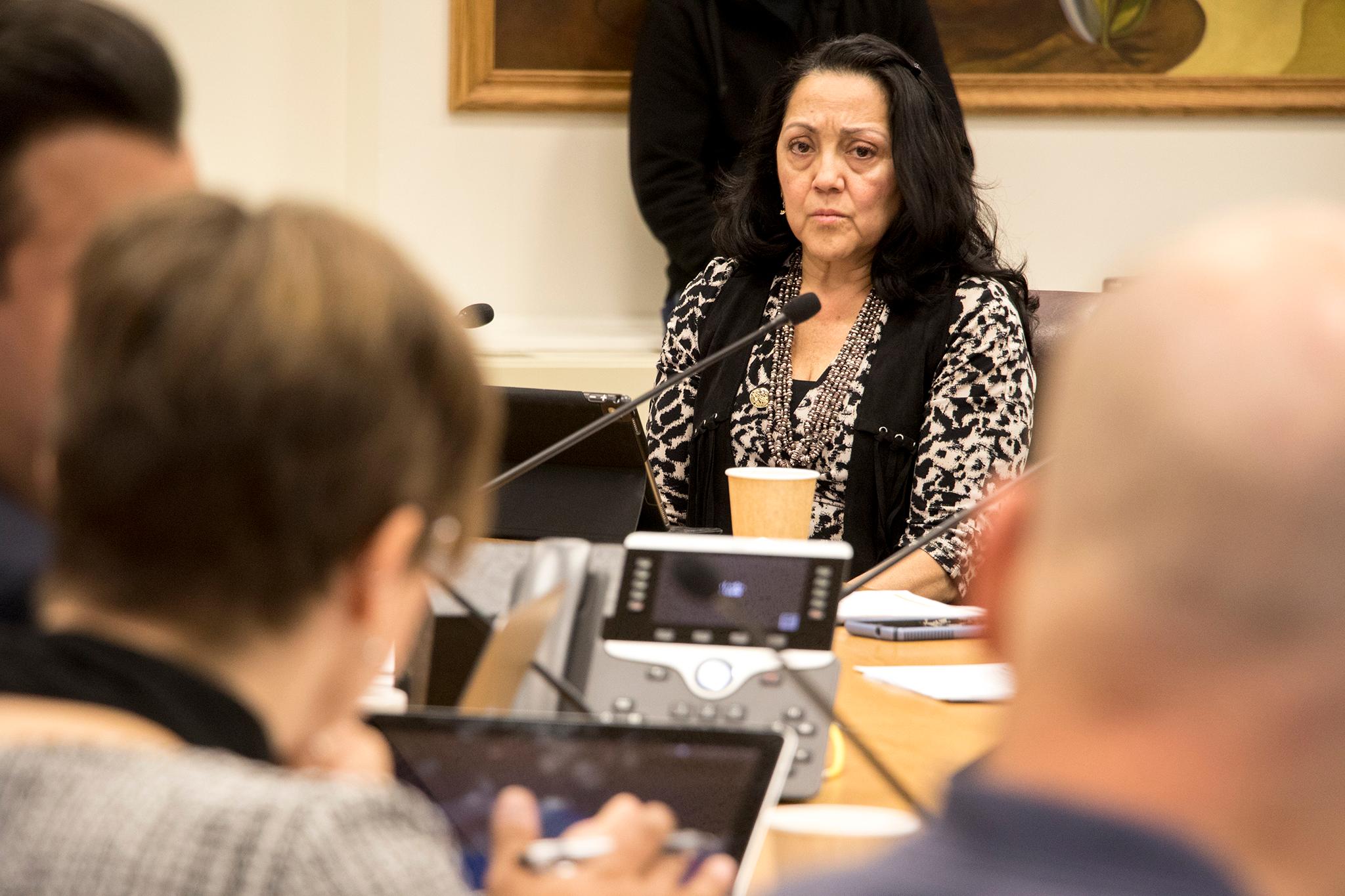
Ortega put 2C forward in response to a botched Denver International Airport contract and Mayor Michael Hancock's sexual harassment scandal. She saw a problem with the executive branch dictating the terms of pricey, complicated contracts that the council is expected to prove without the tools to fully vet them. She also saw a conflict of interest when she found out the council could not hire an independent investigator into Hancock without his permission.
Hancock remained neutral on the measure. Ortega said she could see legislators using their newfound power to examine the National Western Center project, which uses taxpayer money to fuel private development on publicly owned land.
While the changes effectively strengthen the legislative branch and weaken the executive branch, if even just a little bit, their primary goal was good governance, not to grab power, said Councilwoman Amanda Sawyer. Sawyer co-sponsored the measure that lets council members vet and block the mayor's political appointees.
"They're not meant to be these kind of dramatic, huge shifts in government or in the power structure," Sawyer said. "This is respectful of the strong-mayor system while bringing a bit more balance back."
Sawyer said that, sure, she and her colleagues -- and their future counterparts -- have gained a little bit of power. But anybody who can't win the approval of seven out of 13 council members probably shouldn't be running crucial agencies, she said, like the police department.
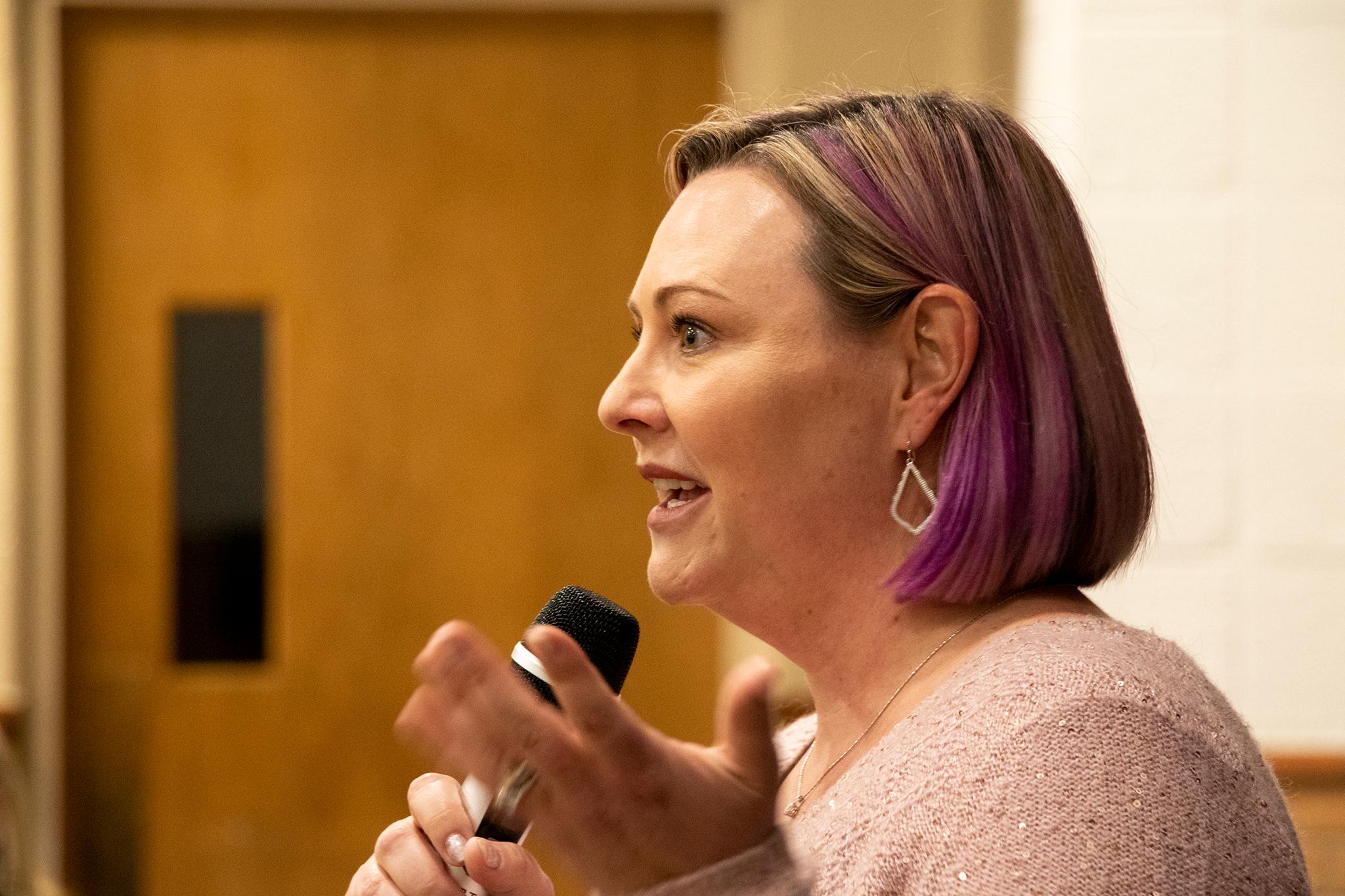
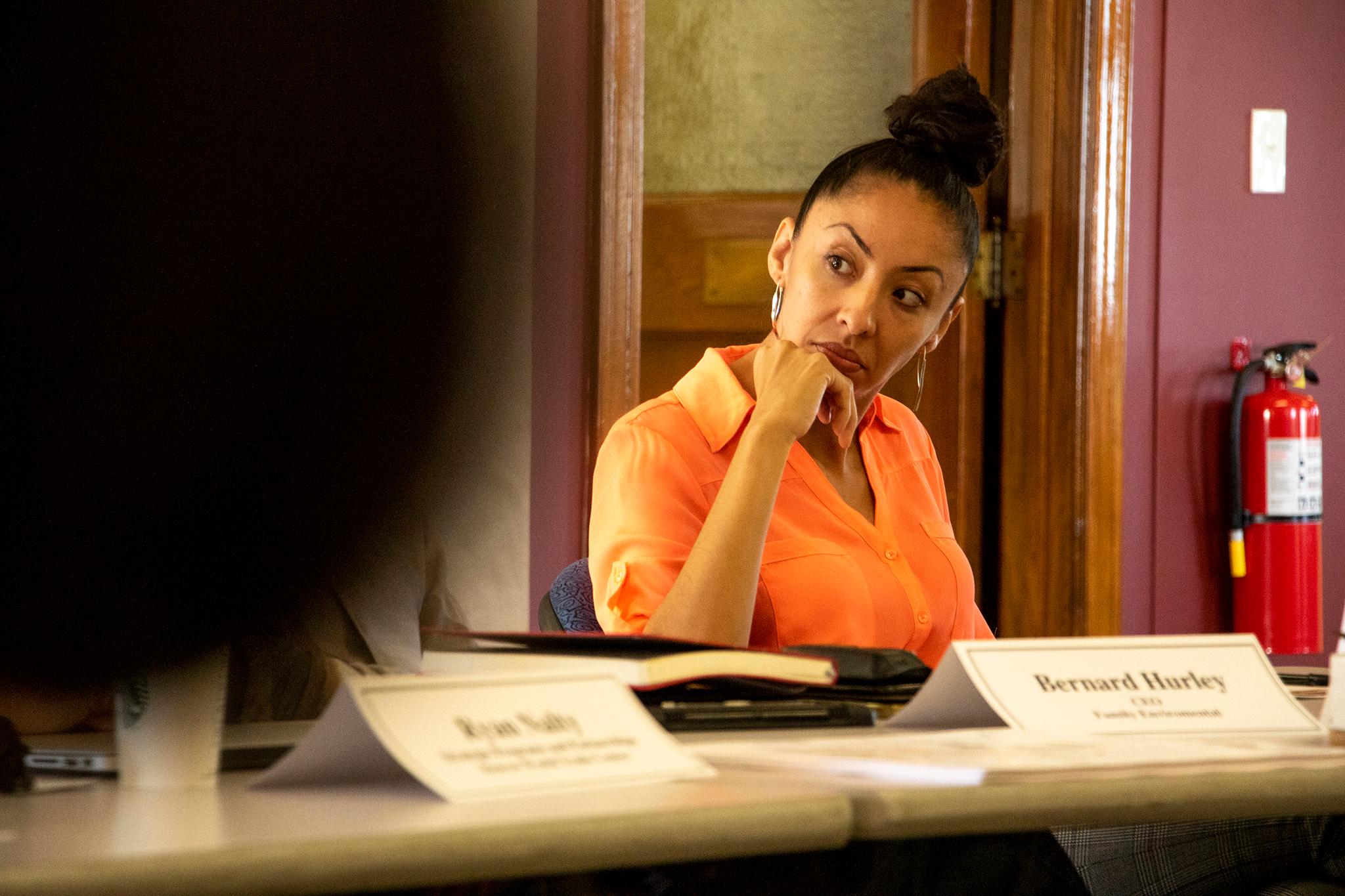
The measure was co-sponsored by Councilwoman Candi CdeBaca, who has been plain about her intent to decentralize power in the mayor's office.
Councilwoman Robin Kniech sponsored the measure that gives the legislative branch the flexibility to spend taxpayer dollars in different ways than the budget originally intended. While she sees how voters gave the council slightly more power, she said the primary reason for her initiative was to add flexibility to solve problems in unpredictable times, such as a pandemic. She believes her measure -- and the trio as a whole -- add logic and collaboration to the government process.
"I think voters looked at each one and said, 'Hmm, that makes sense. The mayor appoints people, the council approves them. That makes sense. The council checks with the manager of finance and then can propose a change for funds. That makes sense.'"
The trio was probably not a referendum on whether the council should have more power over the mayor, she said. The variance in the numbers may back up her theory. While well over 166,000 Denverites voted for measure 2E, 2C garnered around 156,000 votes and 2G got around 152,000 as of November 5.
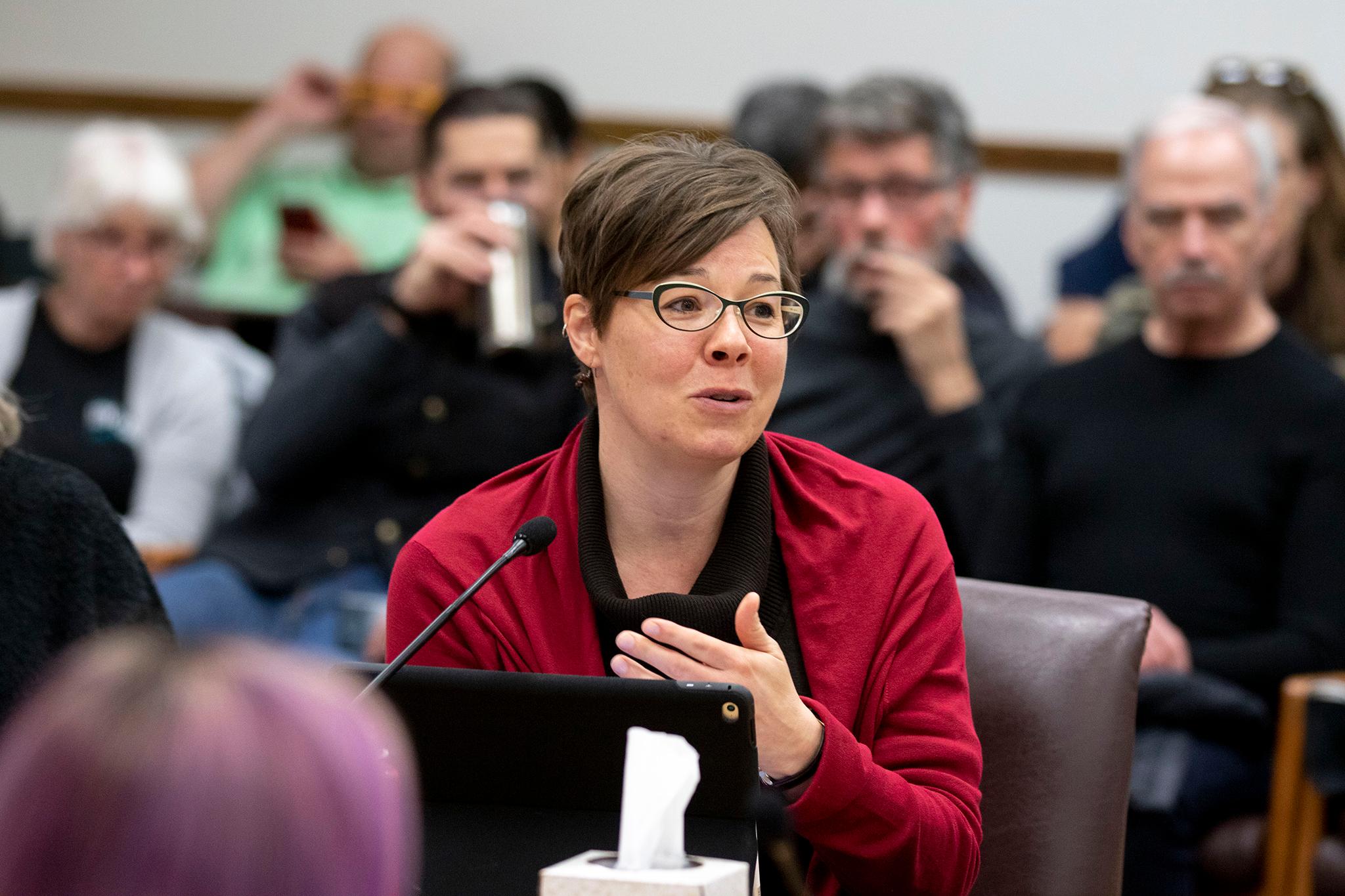
"The average voters do not go into the box thinking, 'Oh man, I want to give the council a bunch of power over the mayor,'" Kniech said. "I don't think that's how anybody went in. They didn't look at these as a package."
So, how's the mayor feeling about the new dynamic in a crucial relationship?
Before the election, Hancock came out against 2E and 2G. His office did not grant Denverite an interview but did offer us a statement.
"These measures will have little impact on our administration, but I predict that they will make it harder for the next mayor to manage the city and attract talented people to run city agencies," he stated.
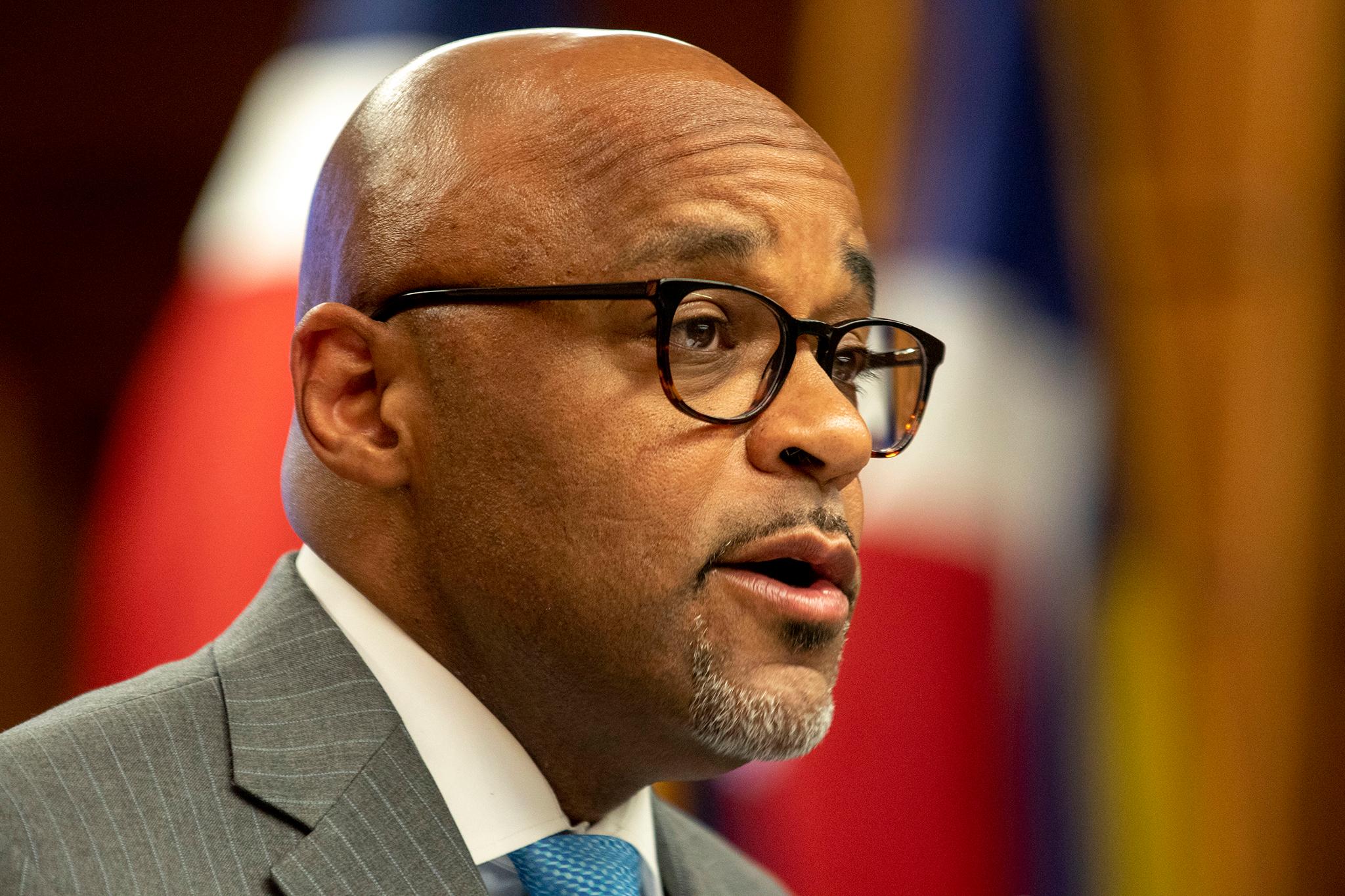
It's unclear if Hancock will appoint anyone else during his term, but he still has almost three years remaining at the helm. His office will have to propose two more budgets during that period.
Hancock reasons that adding the council's approval to the process for political appointees would deter people from wanting the job. He also dislikes the idea of the budget, the spending plan created by the executive branch, being changed by council members mid-year.
"The budget measure is concerning. As we saw with the budget this year, it was a challenge getting pragmatic and collaborative decisions through council," Hancock stated. "I am disappointed, but not surprised to see that (the measures) likely passed."
The position of Denver's mayor is still ripped, muscularly speaking.
Even with the new, more balanced dynamic, Hancock and his future mayors will still enjoy powerful stature, with the ability to set the spending agenda and nominate political appointees.
"Guess what? The mayor is still strong," Kniech said. "The mayor still chooses all of his appointees, the mayor still proposes the budget. The mayor still manages ... all of the agencies, so the mayor is still strong today."

